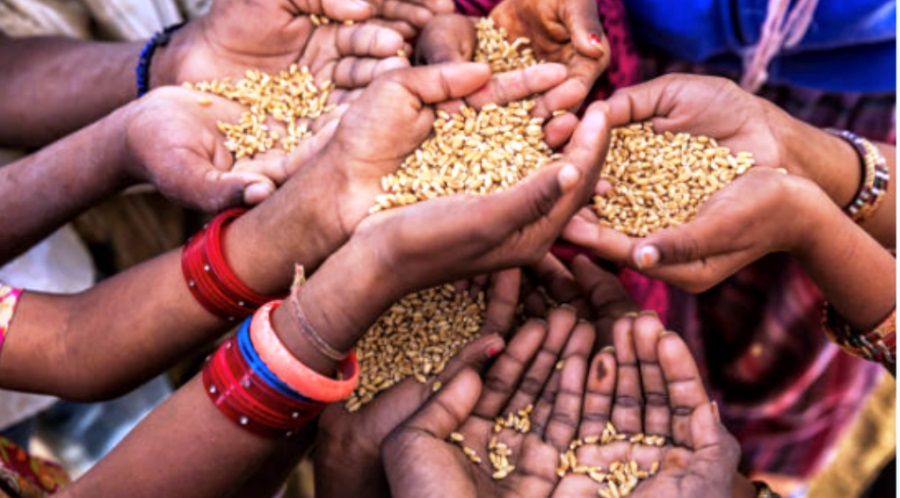
Ending Hunger and Achieving Food Security
Millions worldwide grapple with hunger daily, a challenge at the core of the United Nations’ Sustainable Development Goal (SDG) 2. This goal seeks to eradicate hunger, ensure food security, and promote sustainable agriculture. In this section, we explore the multifaceted nature of hunger’s impact, extending beyond food supply shortages to encompass health, cognitive development, and broader socio-economic consequences.
Multi-dimensional Approach to Ending Hunger
Achieving SDG 2 necessitates a multi-dimensional approach addressing immediate food production, distribution, and underlying factors. Sustainable agricultural practices, resilient food systems, and social equality are key components. A holistic strategy can pave the way for an equitable and sustainable global food system. Collaboration across governments, NGOs, private sectors, and individuals is pivotal in realizing SDG 2. Investments in research, technology, and innovative solutions, such as precision farming and climate-resilient crops, can accelerate progress. The fusion of technology and human ingenuity holds the potential to transform the landscape of hunger and food security.
To achieve SDG 2, substantial investment in sustainable agriculture and rural development is paramount. Sustainable agriculture, emphasizing eco-friendly practices, resource responsibility, and biodiversity conservation, yields benefits such as environmental conservation, climate change mitigation, and improved food security. Benefits of Sustainable Agriculture include; Environmental Conservation: Minimizes synthetic chemical use, reduces soil erosion, and preserves soil fertility; Climate Change Mitigation: Practices like agroforestry and organic agriculture contribute to emission reduction and carbon sequestration; Food Security: Enhances crop yields and fortifies farming systems against challenges like climate change.
Role of Rural Development
Investing in rural development is crucial to tackle socio-economic challenges. Initiatives supporting job creation, economic diversification, and improved livelihoods can uplift communities. Access to education, healthcare, and clean water further contributes to enhanced living conditions. Beyond increased food production, tackling hunger requires a comprehensive approach. Access to education, healthcare, clean water, and equitable economic growth is vital. Empowering women and addressing food waste are additional key components. Recognizing the pivotal role of women in achieving SDG 2, empowerment through education, economic opportunities, and decision-making power is crucial. Educated women contribute to breaking the cycle of poverty, while economic opportunities foster independence and better livelihoods. Women’s participation in decision-making processes is vital for addressing hunger comprehensively. A significant obstacle to SDG 2 is the food waste and loss crisis. Strategies to combat this issue include improving storage and transportation, raising consumer awareness, embracing “ugly” produce, efficient food waste management, encouraging sustainable food practices in the industry, and enacting supportive policies.
Interconnectedness of SDGs
Highlighting the interconnected nature of the Sustainable Development Goals, we explore how achieving SDG 2 positively impacts poverty alleviation, health and well-being, gender equality, responsible consumption and production, and climate change mitigation. A collective effort is essential to achieving SDG 2. Individuals can support sustainable agriculture, reduce food waste, advocate for food security policies, volunteer, raise awareness, and contribute to a more informed global community.
Call to Action for the Global Community
The global community, through governments, NGOs, the private sector, and individuals, must unite to combat hunger and malnutrition. Government policies, NGO grassroots initiatives, private sector innovation, and individual choices collectively contribute to achieving SDG 2.
Conclusion
In conclusion, a collective and comprehensive approach is imperative to address the complexity of hunger and achieve SDG 2. Through sustainable agriculture, rural development, gender empowerment, and concerted efforts, we can work towards a hunger-free world and a brighter future for all.



